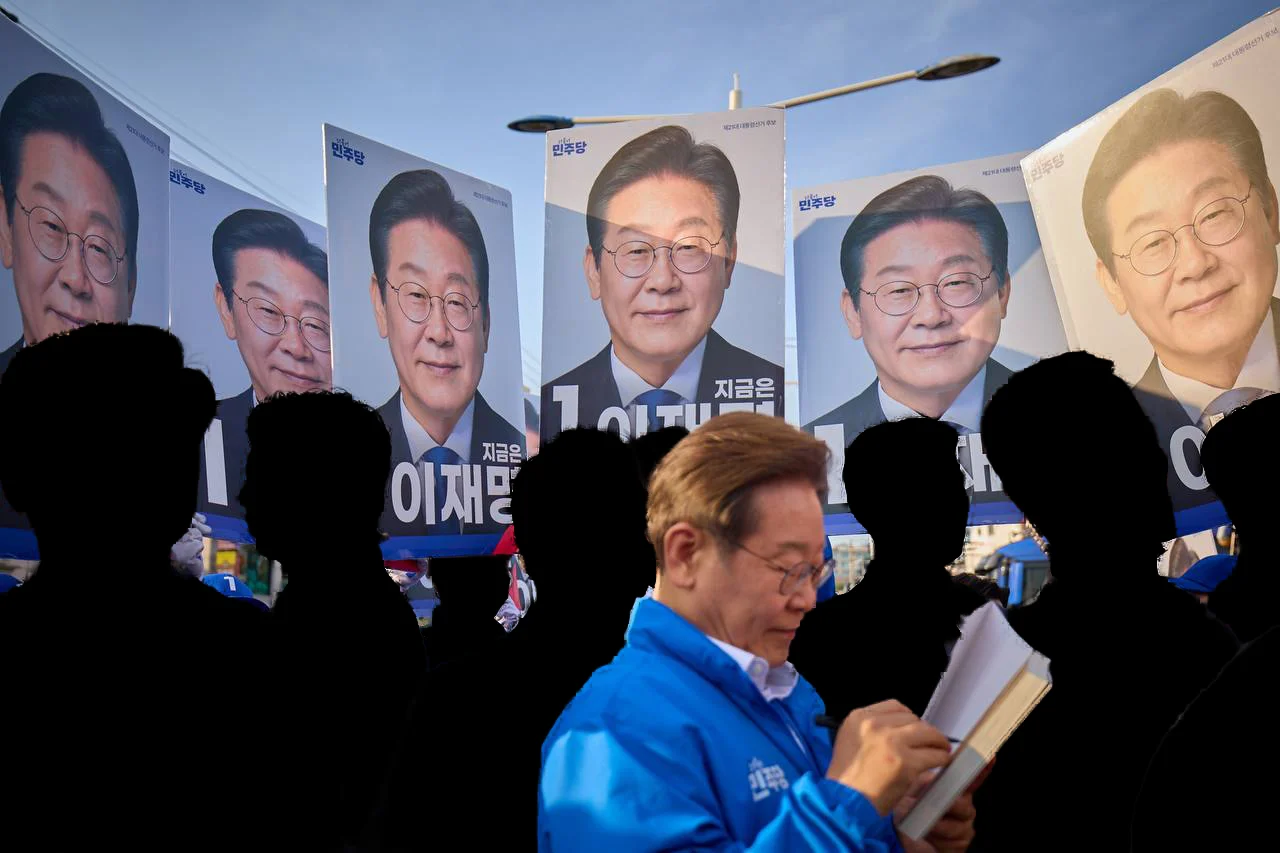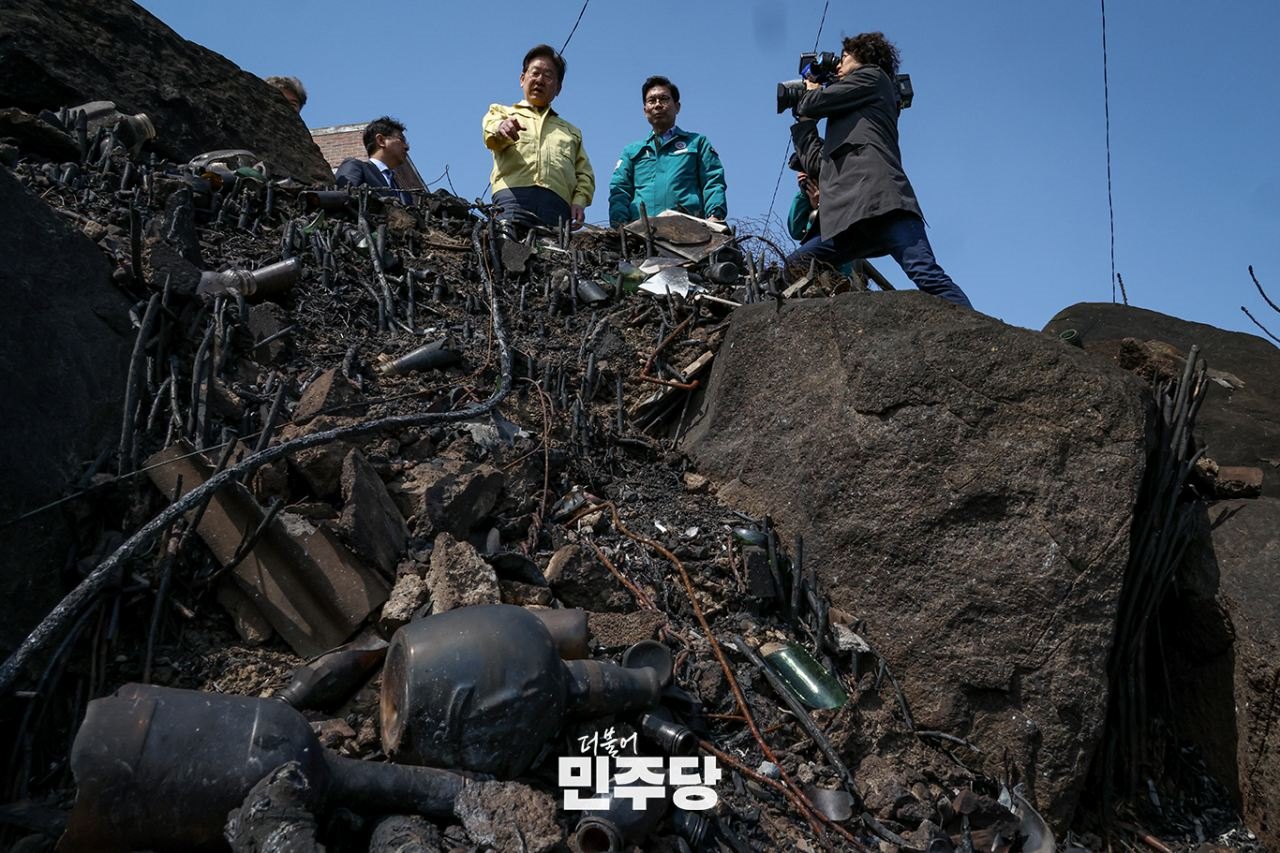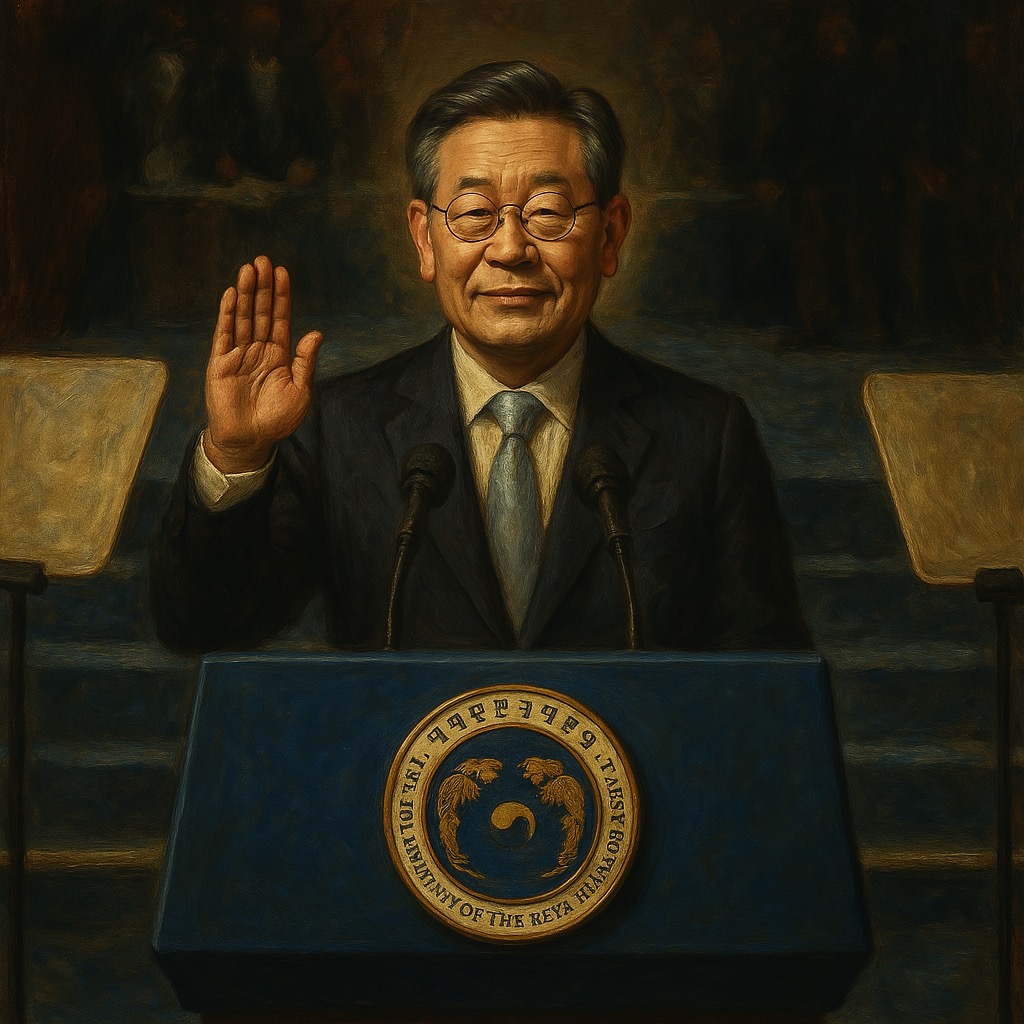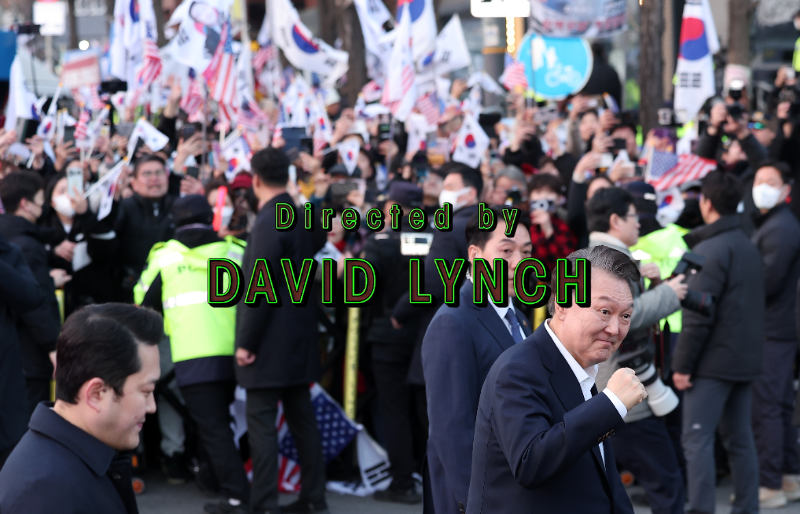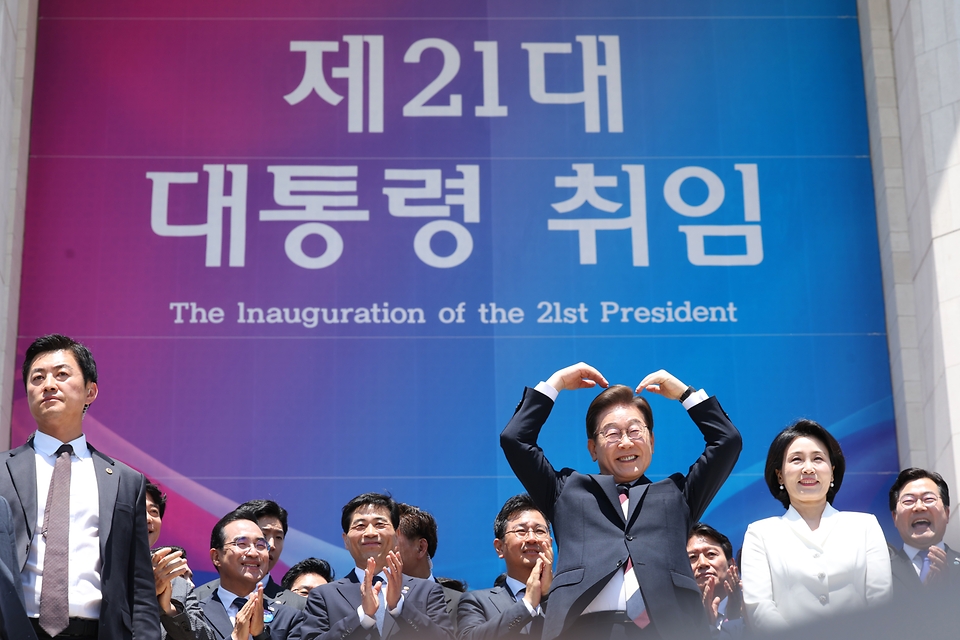
My neighbor’s become the new President of South Korea, but I’ve never seen him in person.
It started with a police motorcade. A friend who visited us a few days before the election saw one pull into my neighborhood. On the same day my wife saw a g...
